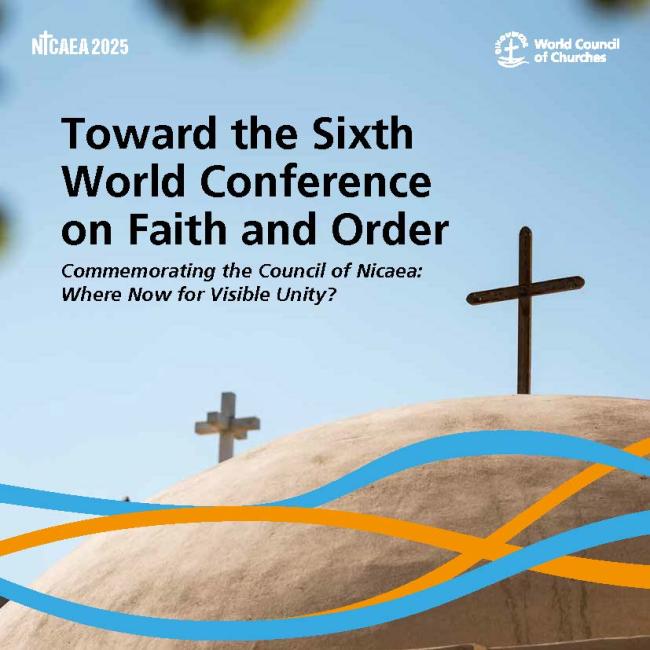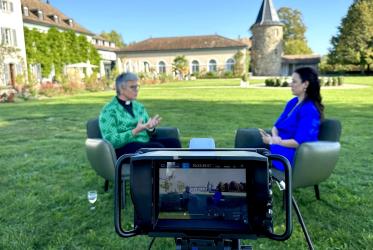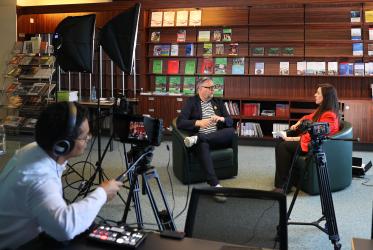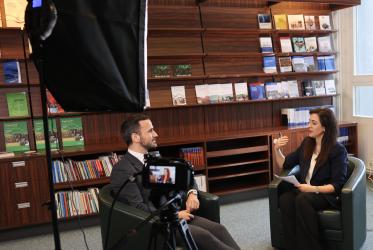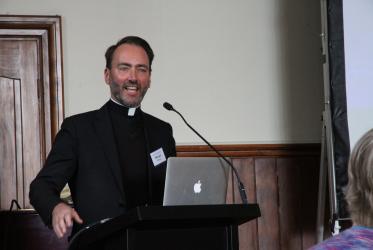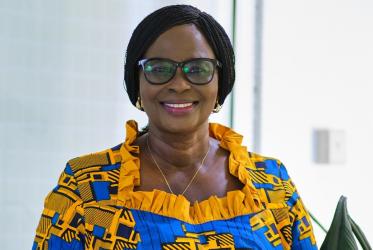Mostrando 1 - 20 de 115
Toward the Sixth World Conference on Faith and Order
Commemorating the Council of Nicaea: Where Now for Visible Unity?
24 Febrero 2024
ACT Alliance general secretary: “equity is not negotiable”
26 Septiembre 2023
WCC reaffirms importance of diaconal service and mission
04 Julio 2023
Llamados a la -Transformación Diaconía ecuménica
24 Junio 2023
The Future of Mission Cooperation
The Living Legacy of the International Missionary Council
24 Marzo 2023

